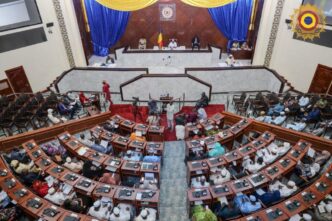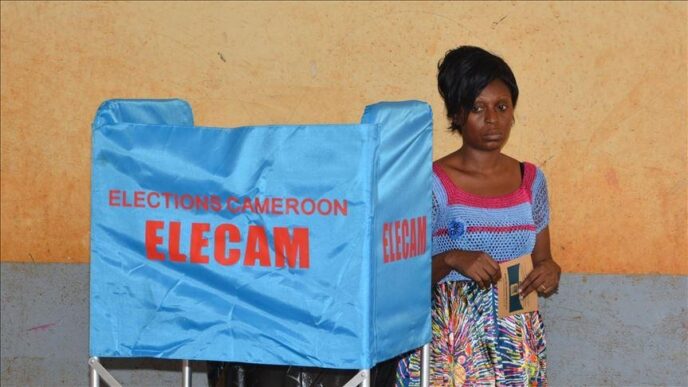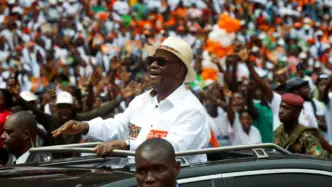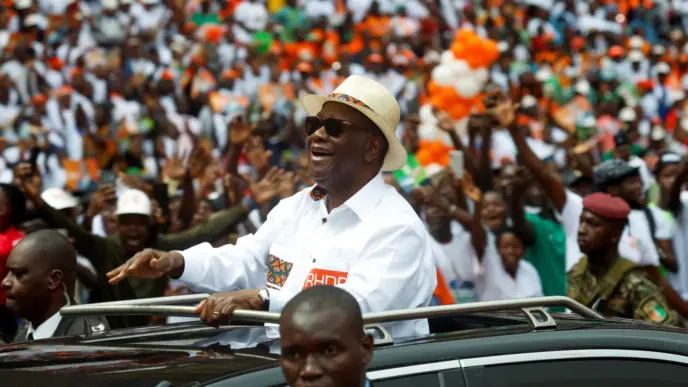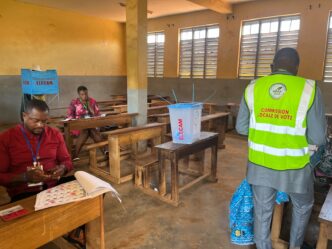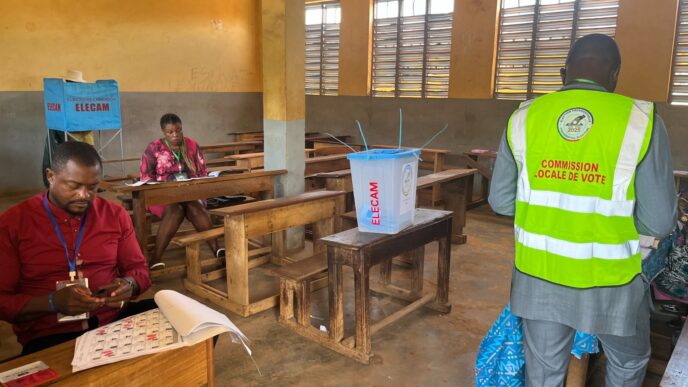Chad’s parliament on Friday overwhelmingly approved a constitutional amendment abolishing presidential term limits — a decision that critics of President Mahamat Deby have strongly condemned.
Army generals appointed Deby as transitional president in 2021 after rebels killed his father, Idriss Deby Itno, ending his three-decade rule in the impoverished Central African nation. Deby then secured a five-year term in a disputed May 2024 election, which most opposition parties boycotted.
In Friday’s parliamentary session, 236 of the 257 lawmakers voted in favour of the amendment, proposed by Deby’s Patriotic Salvation Movement (MPS), with none opposing it.
Opposition spokesperson Max Kemkoye from the Group of Political Actors Consultation criticised the move, stating, “There is no longer any difference between the MPS and the republic.”
Members of the opposition National Rally of Chadian Democrats – The Awakening (RNDT) boycotted the vote and walked out of the chamber.

In a letter to lawmakers, RNDT leader and former prime minister Albert Pahimi Padacke described the change as “unconstitutional and authoritarian.”
The reform extends the presidential term from five to seven years and removes restrictions on reelection, allowing Deby to run indefinitely. It will apply from the next presidential election. Kemkoye argued on Facebook that the change effectively “grants Mahamat Idriss Deby Itno two bonus years.”
The amendment also introduces the position of deputy prime minister, lengthens parliamentary terms from five to six years, and restores legal immunity for government members.
Earlier this year, Chad held parliamentary elections — the first since 2015 — and a historic Senate vote, both dominated by Deby’s ruling party.
The main opposition party, the Transformers, dismissed the elections as a “resounding failure,” citing a widespread boycott and predicting “predetermined results.” Its leader, Succes Masra, one of Deby’s most vocal critics, received a 20-year prison sentence in August for allegedly inciting inter-communal violence that left 42 people dead, most of them women and children.
His lawyer denounced the trial as a political weaponisation of the judiciary.


 Trending
Trending 
